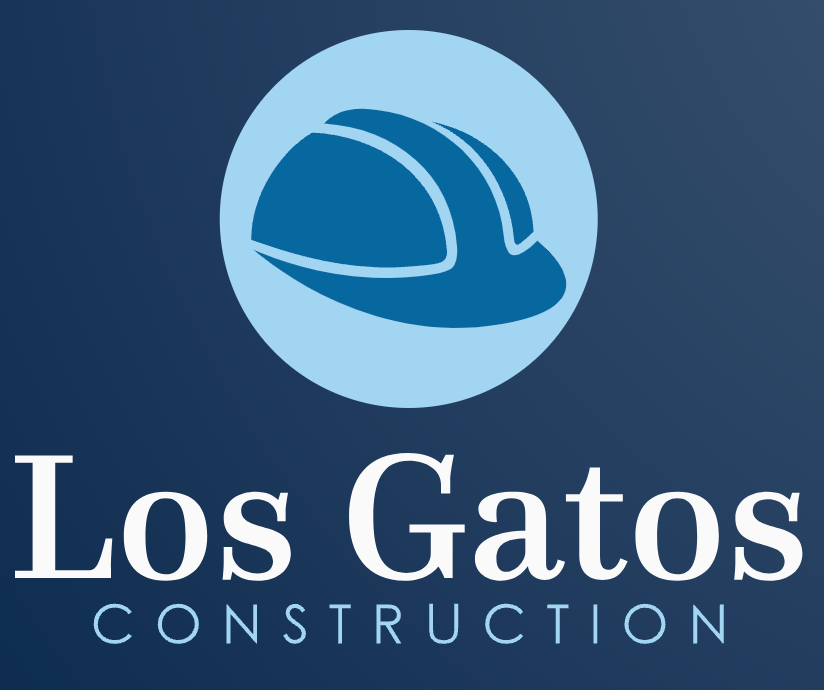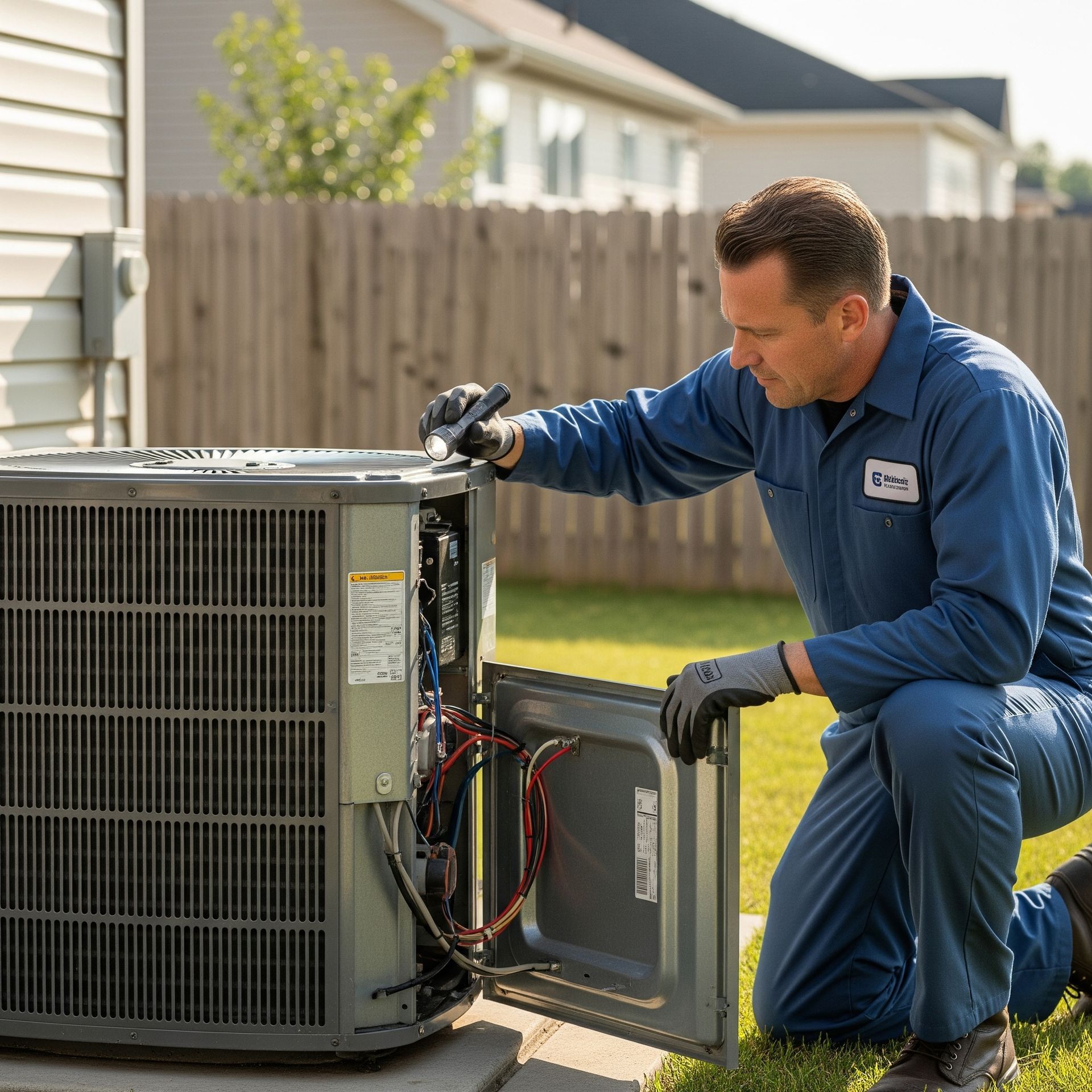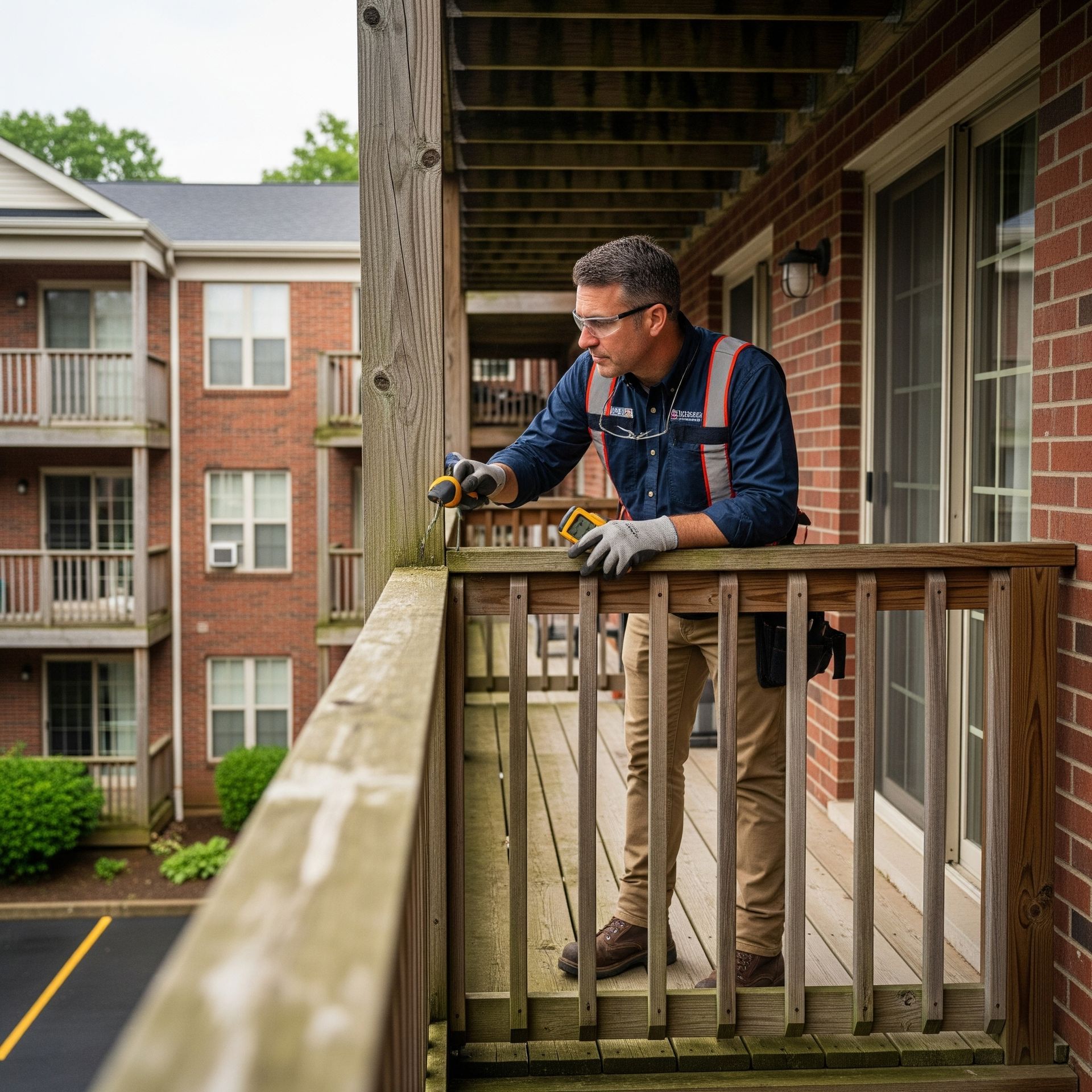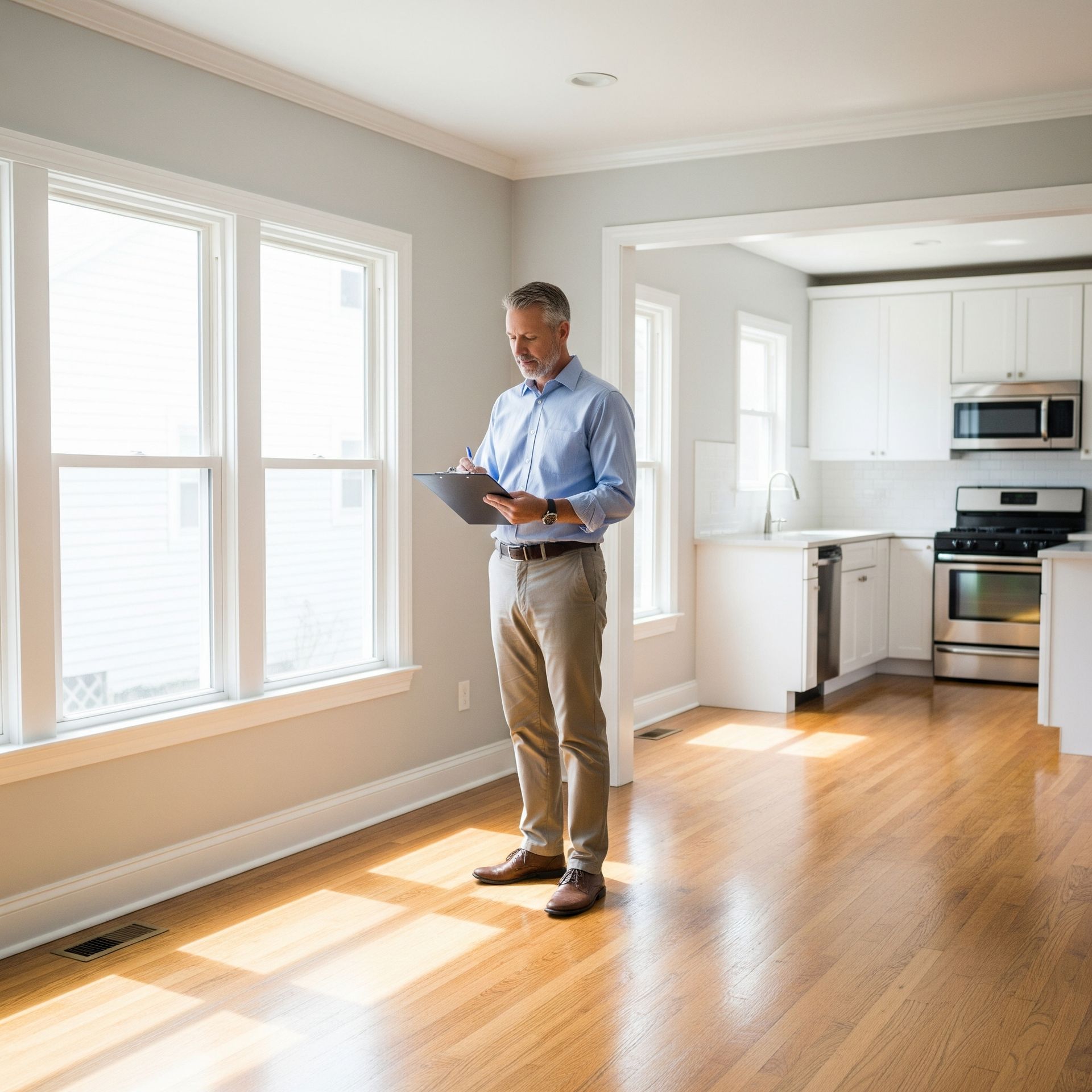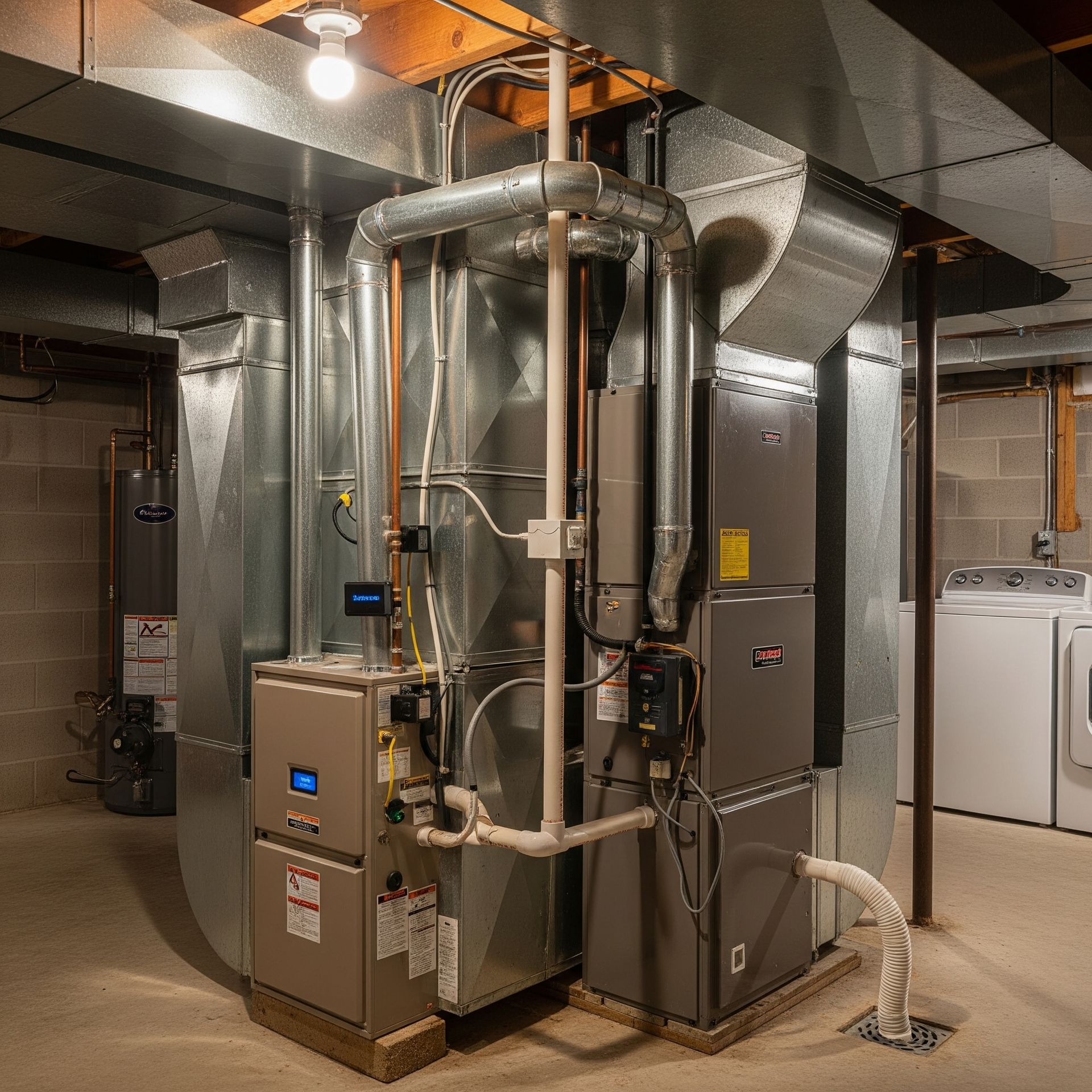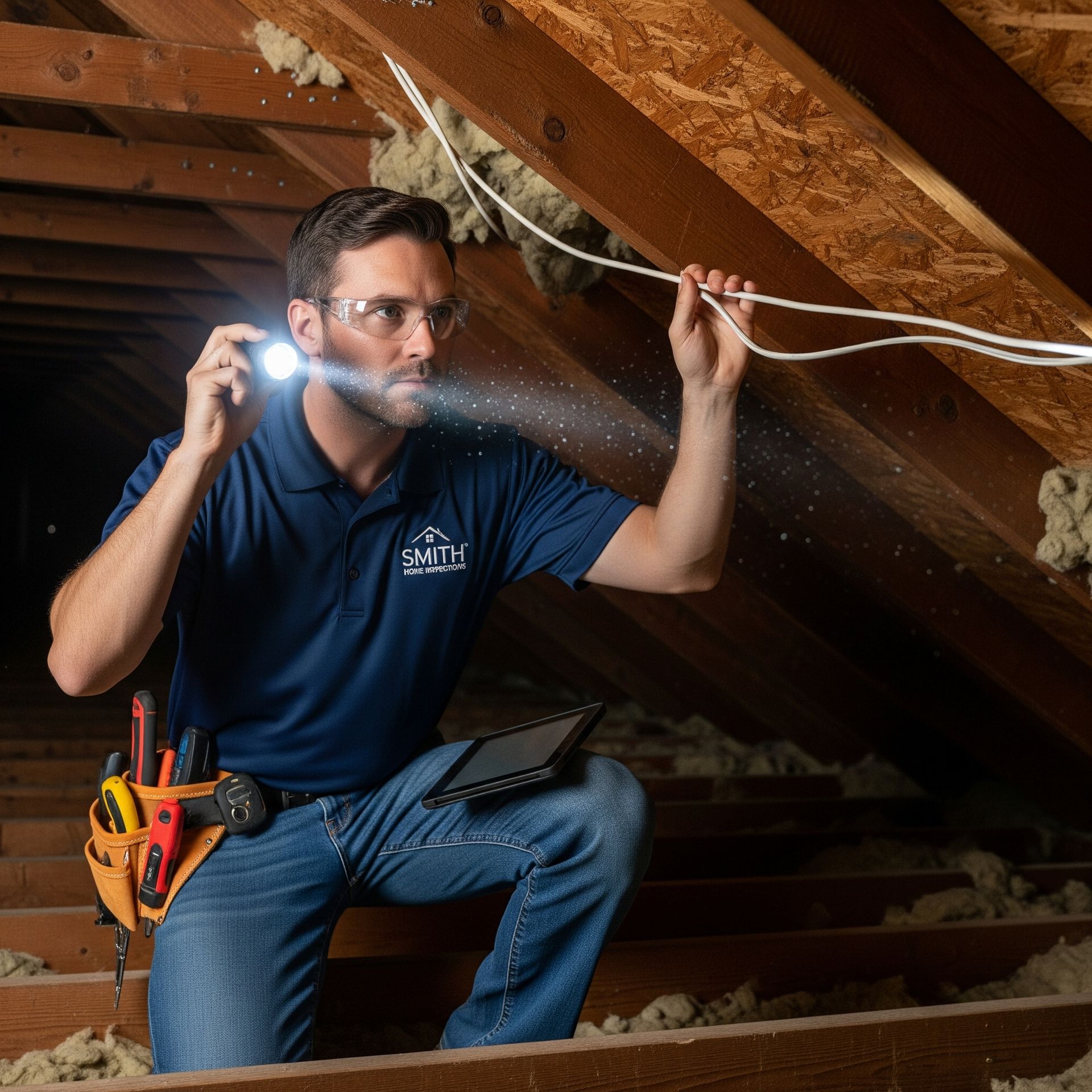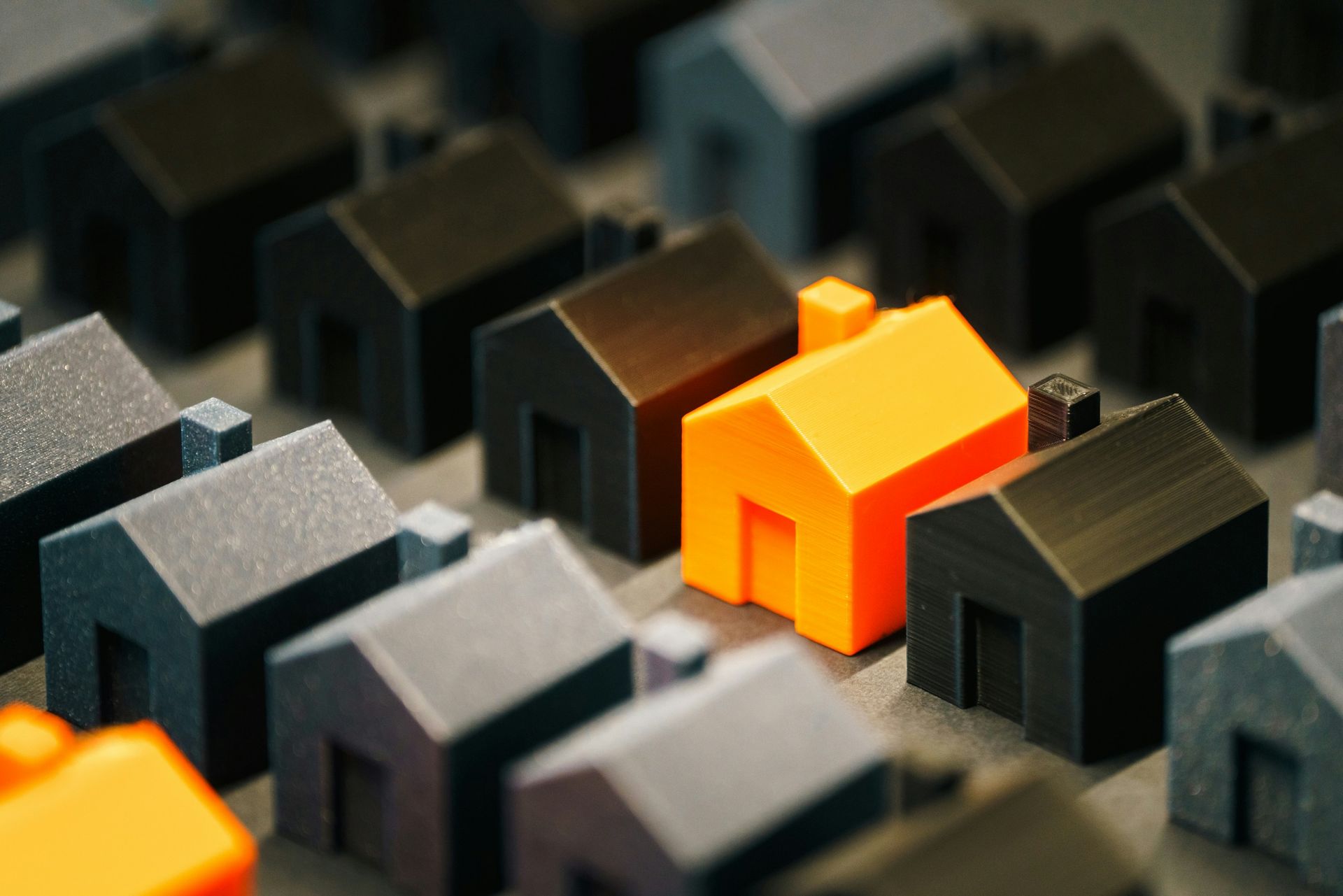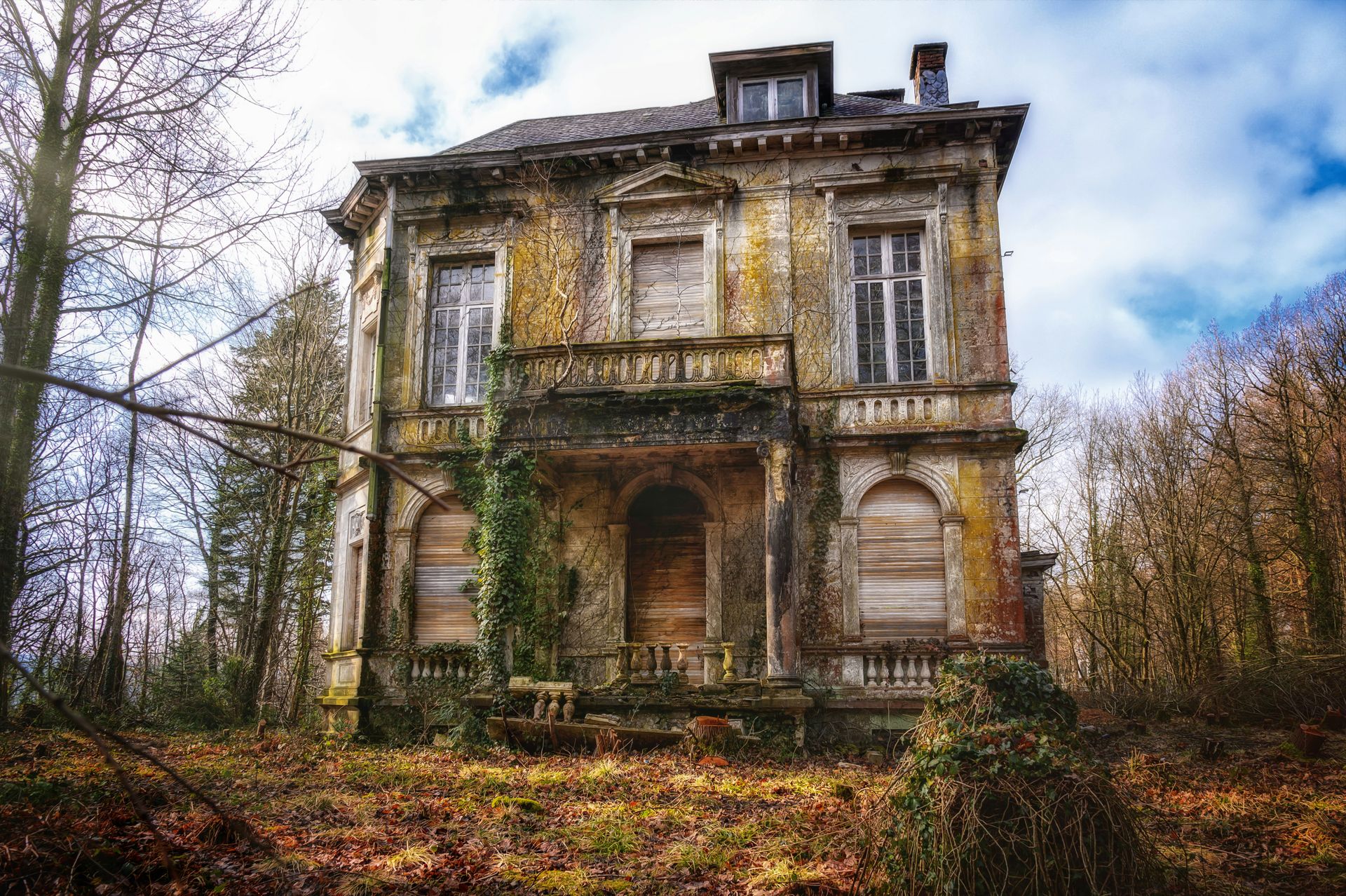The Importance of HVAC Inspections for a Safe and Efficient Home
Why HVAC Inspections Matter
Ensuring the efficiency and safety of your home's heating, ventilation, and air conditioning (HVAC) system is essential. Regular HVAC inspections help improve system performance, maintain energy efficiency, and protect the health and comfort of your family. Without proper maintenance, HVAC systems can develop issues that reduce efficiency, increase energy bills, and even pose safety hazards. At Los Gatos Construction, we specialize in thorough property inspections, including comprehensive HVAC system inspections that assess functionality, safety, and overall condition. Whether you are a homeowner, landlord, or business owner, a well-maintained HVAC system is key to avoiding costly repairs and unexpected breakdowns.
What is an HVAC Inspection?
An HVAC inspection involves a detailed evaluation of your heating and cooling systems by experienced professionals. This process includes examining furnaces, air conditioners, ductwork, thermostats, and other components to ensure they are working efficiently and safely. A professional HVAC inspector will check for any potential leaks, broken parts, airflow issues, or outdated components that may need replacement. The primary goal of an HVAC inspection is to detect potential issues before they become serious, helping homeowners and business owners save on expensive repairs and energy costs.
A comprehensive HVAC system inspection will include an in-depth review of various elements such as the heating system, cooling system, ventilation, and air filtration. The technician will assess the unit’s performance by measuring airflow, checking for blockages, and ensuring that temperature regulation functions correctly. With the right maintenance and regular inspections, an HVAC system can run at peak efficiency for many years.
Why Order an HVAC Inspection?
There are several important reasons to schedule an HVAC inspection. First, regular inspections help improve energy efficiency. A system that is running optimally uses less energy, which translates to lower utility bills. When dirt, dust, or debris accumulate within the HVAC system, it can lead to inefficiencies, forcing the unit to work harder to heat or cool a space. Cleaning and servicing the system regularly prevents these inefficiencies and ensures smooth operation.
Second, inspections extend the lifespan of the HVAC system. Identifying and fixing minor issues early can prevent major failures that could require costly replacements. Many homeowners don't realize that a well-maintained HVAC system can last 15 to 20 years, while neglected systems often fail much earlier.
Third, an inspection can improve indoor air quality. If your system has issues like dirty filters, mold growth, or clogged ducts, it can spread allergens and contaminants throughout your home or business. Poor air quality can cause allergies, respiratory issues, and other health problems. A professional HVAC mold inspection ensures that no harmful mold or bacteria is circulating in your home.
Finally, an HVAC inspection ensures safety. Problems like carbon monoxide leaks, faulty wiring, or damaged components can pose serious risks if left unchecked. Carbon monoxide leaks, for example, can be deadly, and electrical issues within the system can lead to fires. Routine HVAC inspections help homeowners and business owners identify and resolve such hazards before they cause harm.
What is Included in an HVAC Inspection?
A crucial part of an HVAC system inspection is checking for mold growth. Mold can develop within the system due to excess moisture and poor ventilation, posing a risk to both the HVAC unit and indoor air quality. A thorough HVAC mold inspection looks for visible mold inside ducts, air handlers, and vents.
If mold is detected, it should be addressed immediately to prevent potential health risks and damage to the system. Mold remediation combined with regular inspections ensures a healthier living or working environment. Many homeowners don’t realize that HVAC systems can spread mold spores throughout an entire building, leading to respiratory issues and allergic reactions.
How Much is an HVAC Inspection?
Many homeowners wonder about HVAC inspection costs and whether the investment is worth it. The cost of an HVAC system inspection varies based on factors such as the size and complexity of the system, the type of property, and the region.
On average, an HVAC inspection costs around $300, with a broad range between $70 and $500, depending on the services included. Some inspections may include additional services like cleaning and minor repairs, which can increase the total cost. Investing in routine HVAC inspections can save significant money in the long run by preventing costly emergency repairs, improving energy efficiency, and ensuring system longevity. If you are asking, “How much is an HVAC inspection?” or looking for a customized estimate, you can contact Los Gatos Construction for specific pricing details
Finding HVAC Inspections Near Me
If you are searching for HVAC inspections near me, Los Gatos Construction provides expert inspection services throughout the South Bay area. We serve multiple locations, including Los Gatos, Campbell, San Jose, Santa Clara, Saratoga, Cupertino, Sunnyvale, Mountain View, Milpitas, Palo Alto, and Los Altos. Our team is familiar with the unique climate and building requirements of these areas, ensuring that HVAC systems are properly evaluated and maintained according to local standards. To check if we serve your area, visit our service areas page.
Additional Inspection Services at Los Gatos Construction
In addition to HVAC inspections, Los Gatos Construction offers a variety of inspection services tailored to homeowners and commercial property owners. Our residential inspection services cover all essential aspects of a home, including structural components, plumbing, electrical systems, and mechanical systems like HVAC.
For business owners and property managers, we provide commercial property inspections, which help ensure tenant safety, compliance with local codes, and the longevity of building infrastructure. Our team also specializes in SB721 compliance inspections, visual inspections using advanced technology, and code compliance reviews. More details about these services can be found on our services page.
Schedule Your HVAC Inspection Today
Routine HVAC system inspections play a critical role in maintaining a safe, efficient, and comfortable living or working environment. Whether you need an inspection for a home, rental property, or commercial building, Los Gatos Construction is committed to delivering thorough and reliable services. If you are considering scheduling an HVAC inspection, now is the best time to take action to prevent unexpected system failures and costly repairs.
To learn more about our inspection process or to request a service appointment,
contact us now.By investing in regular HVAC inspections, you can ensure that your system operates efficiently, keeps your indoor air quality high, and prevents costly breakdowns in the future.
